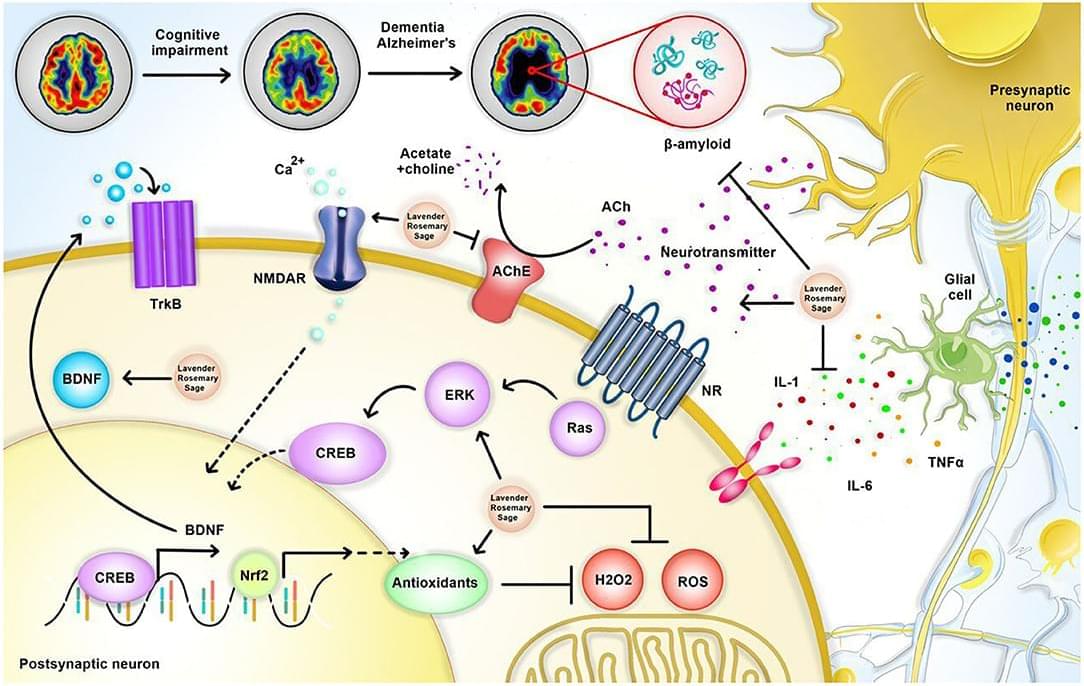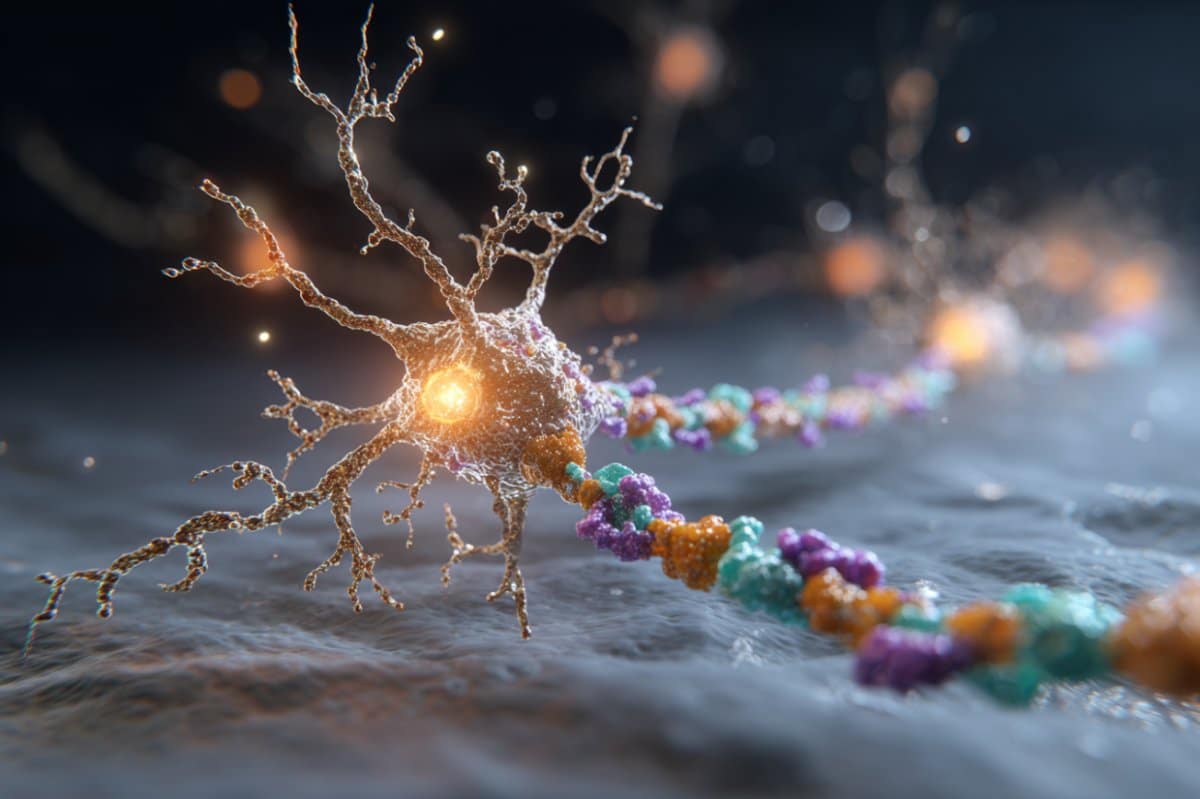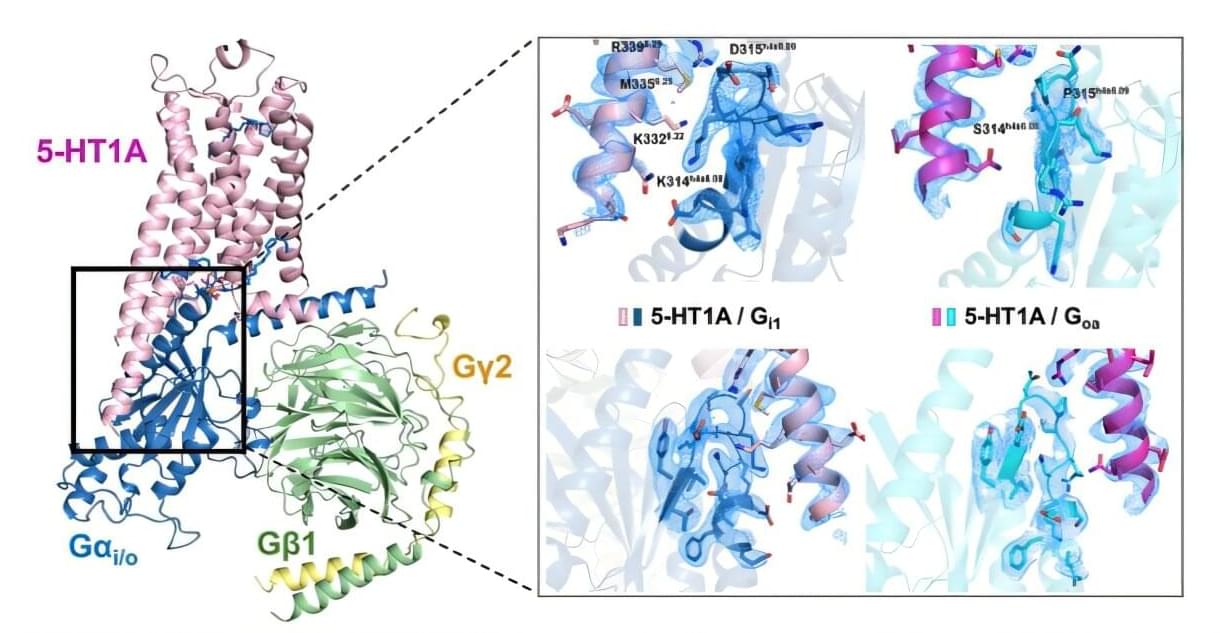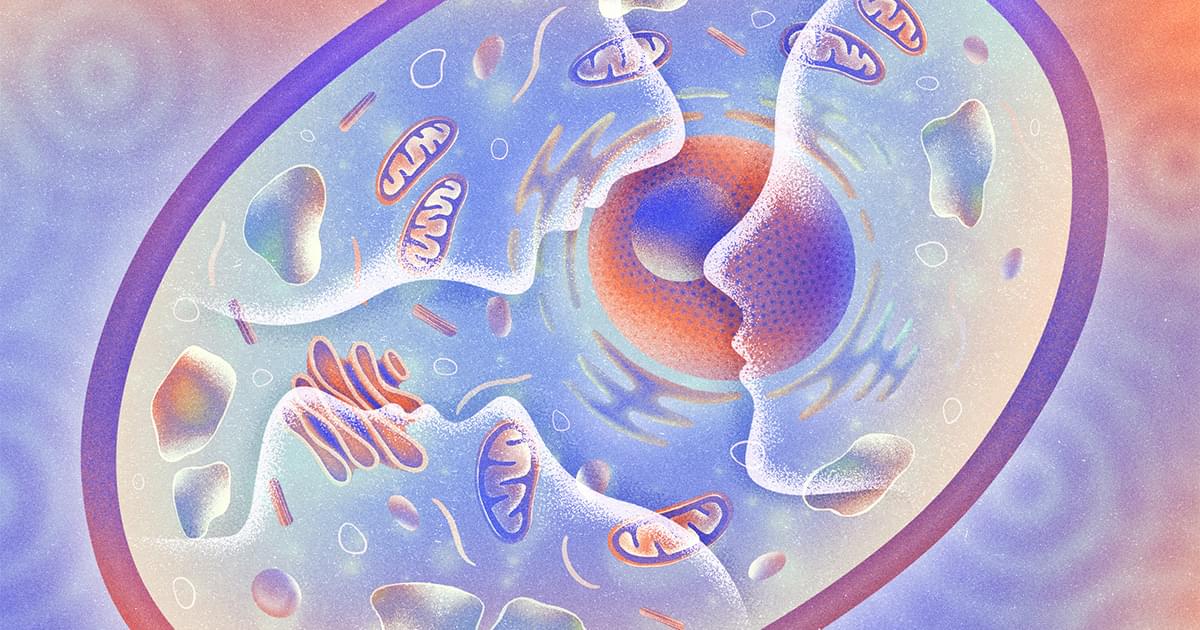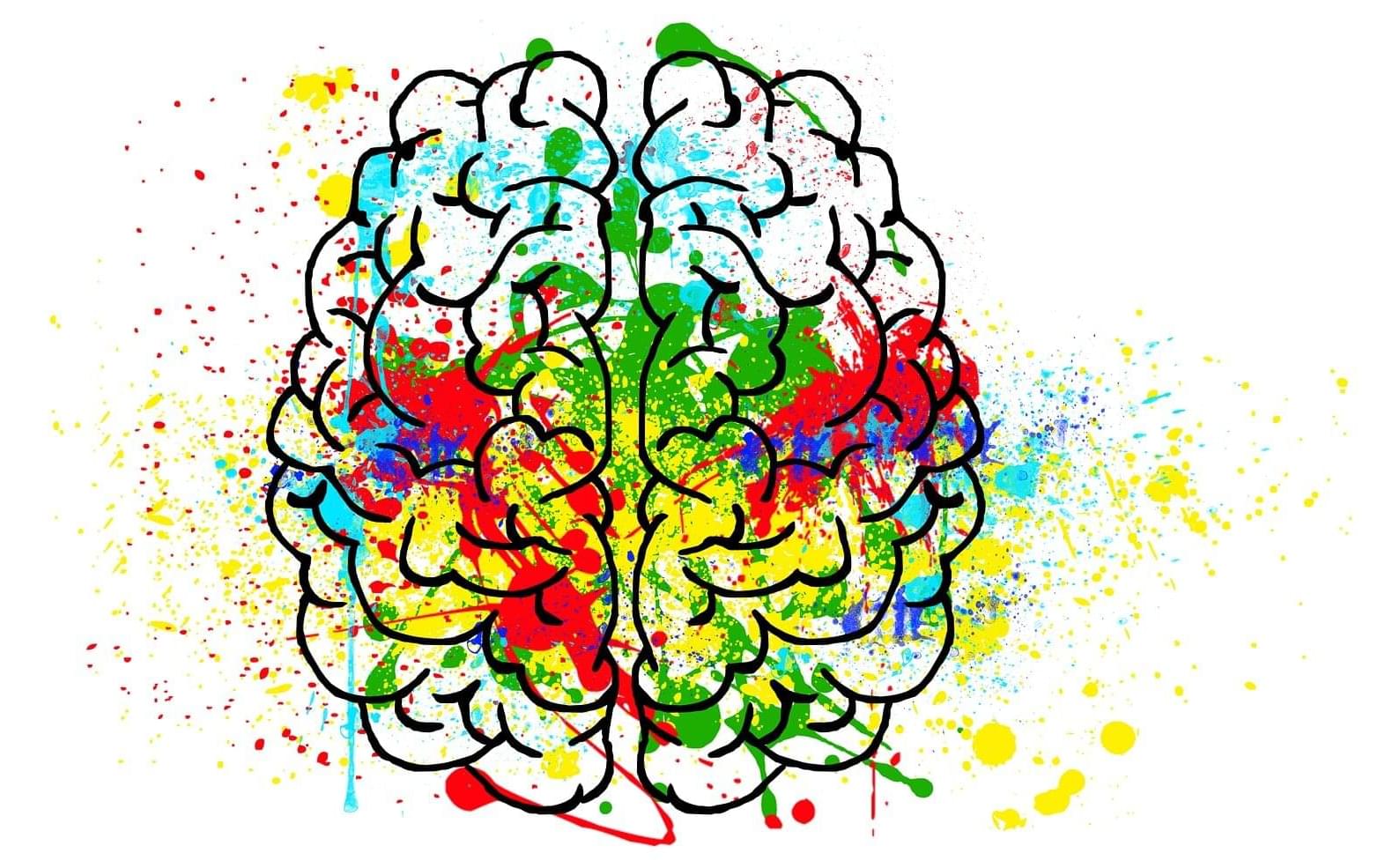Hundreds of millions of people around the world suffer from neurological disorders or have experienced them intermittently, which has significantly reduced their quality of life. The common treatments for neurological disorders are relatively expensive and may lead to a wide variety of side effects including sleep attacks, gastrointestinal side effects, blood pressure changes, etc. On the other hand, several herbal medications have attracted colossal popularity worldwide in the recent years due to their availability, affordable prices, and few side effects. Aromatic plants, sage (Salvia officinalis), lavender (Lavandula angustifolia), and rosemary (Salvia Rosmarinus) have already shown anxiolytics, anti-inflammatory, antioxidant, and neuroprotective effects. They have also shown potential in treating common neurological disorders, including Alzheimer’s disease, Parkinson’s disease, migraine, and cognitive disorders. This review summarizes the data on the neuroprotective potential of aromatic herbs, sage, lavender, and rosemary.
A neurological disorder is described as any condition that results in functional or structural damage to the nervous system. Neurological disorders account for the second main cause of death globally and the first main cause of disability as they typically cause cognitive impairment or sensorimotor dysfunction leading to reduced quality of daily life. Due to the high mortality and morbidity rate of neurological disorders, preventive and therapeutic strategies are crucial. The conventional medications administered for treating neurological disorders are associated with different adverse events; hence, the possible therapeutic effects of natural products on neurological conditions have been addressed by many researchers in the recent years (Ahmadi et al., 2022). A variety of herbal medications have gained the attraction of researchers in the last decade, due to their availability, lower price, and rare side effects (Abdel-Aziz et al., 2016).
Aromatic herbs such as sage (Salvia officinalis), rosemary (Salvia Rosmarinus), and lavender (Lavandula angustifolia) have shown promising neuroprotective effects in the recent studies (Kashani et al., 2011; Jamison, 2012; Jemia et al., 2013; Alvi et al., 2019; Mohseni et al., 2020; Caputo et al., 2021). Salvia Rosmarinus is an evergreen herb that belongs to the Lamiaceae family. Salvia Rosmarinus naturally grows in dry scrub and rocky areas in the Mediterranean regions of southern Europe to western Asia and has potential antibacterial, antifungal, antioxidant, and anti-inflammatory features (Leporini et al., 2020). The therapeutic effects of Salvia Rosmarinus on a variety of cognitive disorders such as Parkinson’s disease, neuroblastoma, glioblastoma, and epilepsy have been suggested (Park et al., 2008; de Oliveira et al., 2016; Giacomelli et al., 2016; El Alaoui et al., 2017; Yildirim and Kitis, 2020). Lavandula angustifolia is a well-known aromatic herb in the Lamiaceae family.
